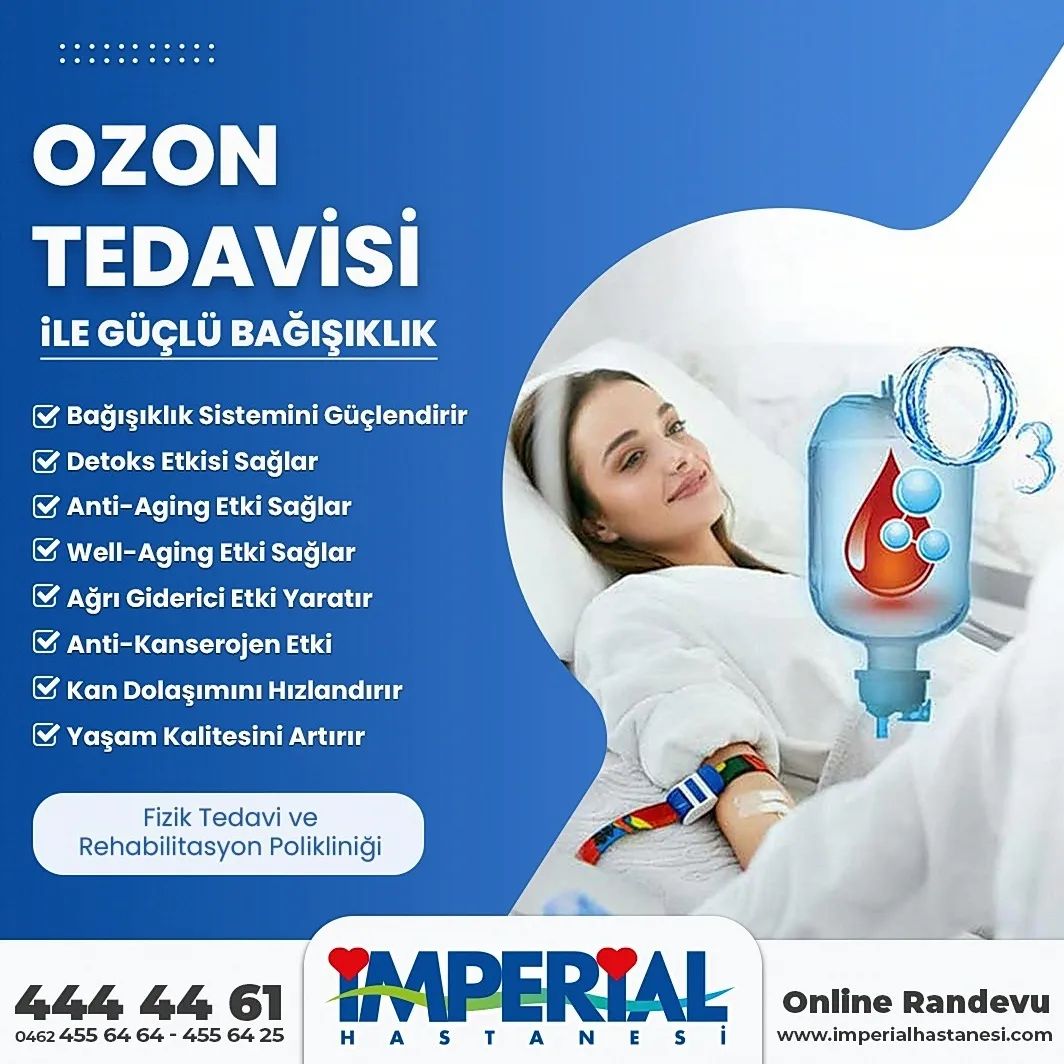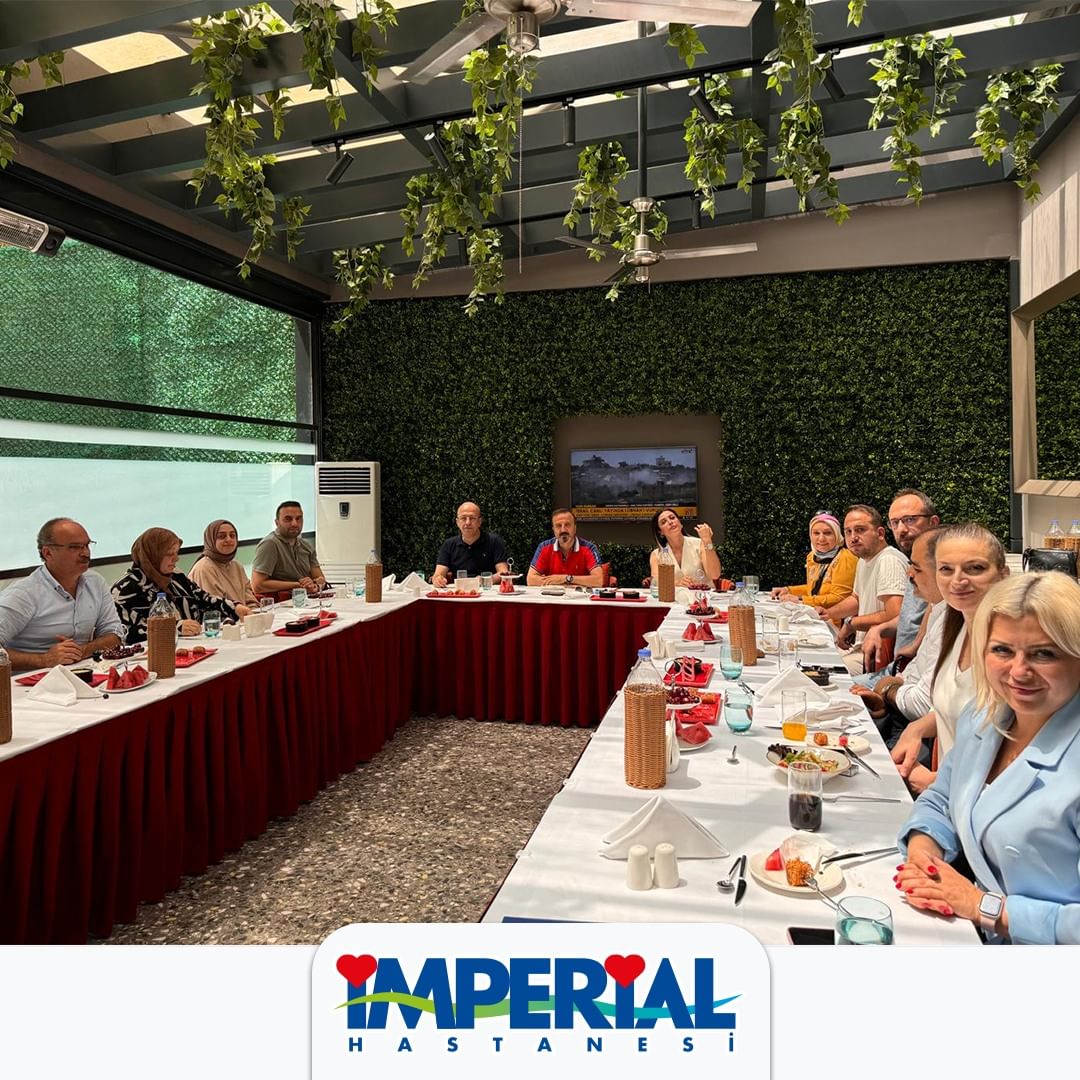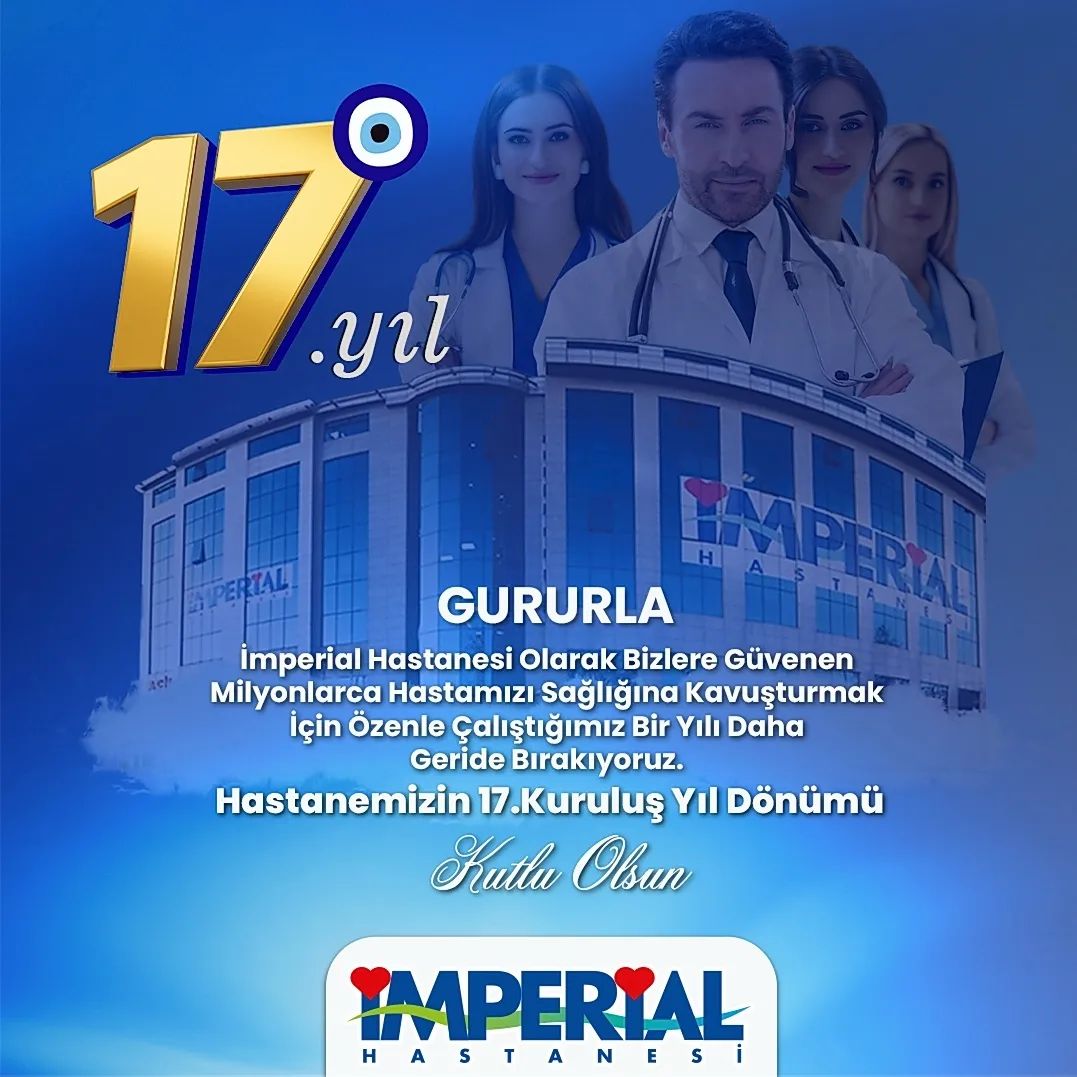ACCOMPANYING AND VISITING RULES
In our health facility, suitable conditions (companion seat, personal hygiene areas, living room, etc.) are provided for the accommodation of companions. There are seats in patient rooms that can be positioned so that companions can rest.
The entrance and exit of companions to the health facility are under control.
Companions must comply with the rules determined by the health facility. In case of violation of the rules, the companionship of the relevant person is canceled. In case the companion damages the health facility's fixed assets, the damage is compensated by the companion.
INFORMATION OF COMPANION
The necessary information on the following issues for the adaptation of the patient and/or companion to the health facility is provided by the relevant employees during the hospitalization.
Breakfast, meal and snack times
Rules that patients and relatives must follow
Visiting hours and rules
Telephone use
Toilet-bathroom use
Nurse call system use
Physician visits
Introducing yourself to the patient/patient relative
Service/room introduction
Use of patient bed and belongings
Patient's rights and responsibilities
Access to department staff
Need for moral support
Emergency exits and what to do in an emergency
Information about identifiers
Smoking ban
Separation of waste
Being able to convey wishes, opinions, suggestions, complaints
HEALTH FACILITY COMPANION RULES
Companions must follow the health facility rules listed below;
Companions are allowed to stay for patients deemed necessary by the physician.
Each patient can have a maximum of 1 companion, more than one companion is not allowed.
The decision whether the companion will be male or female is made according to the patient's and the service's condition.
There is no companion practice in the Intensive Care Unit.
The companion is expected to comply with all the rules of the health facility.
Companions must place the belongings they bring in the cabinets provided in the clinic.
In our health facility;
Breakfast: 06.30
Lunch: 11.00
Dinner: Starting at 17.00, it is served in your room.
Companions must use the companion chair reserved for them. You should not sit on the patient's bed due to diseases that may be transmitted to your patient.
The companion is expected to assist the patient's care only to the extent permitted by the doctor and nurse.
The companion is prohibited from performing any action without the knowledge of the doctor and nurses for the safety of the patient.
The rules of patient care training given by nurses must be followed. (Hand hygiene, fall risk training)
The companion must not enter rooms other than the room where their own patient is located.
The service nurses must be informed when the companion will leave the patient's side and when the companion changes.
The companion must not carry too much money or valuables with them and the patient for safety reasons.
In order to provide a peaceful environment for their patient, the companion must not speak loudly or make noise in the patient's room and service corridors. In addition, the televisions in the patient's room must be used in a way that will not disturb others and must be turned off during doctor's visits.
The companion must not take their patients out of the health facility or change their beds unless requested by the relevant physician or nurse.
The companion must not intervene in any way with the patient without consulting the physician or nurse.
Some patients have diet and food restrictions specific to their illness. Therefore, they must not give food or drinks from outside.
The companion must not use tobacco or alcohol in the health facility.
The companion should be careful to use the patient room, bathroom and toilets as cleanly as possible.
Companions should not throw garbage into red bagged buckets (medical waste buckets).
Garbage etc. should not be thrown out of the windows.
Laundry should not be hung inside the patient room or in front of the windows.
The companion benefits from the food services of the health facility with the accompanying transaction made to the system without paying a separate fee. Food trays should not be left on the floor or in front of the door.
In case of any problem with your patient, you should immediately inform the nurse.
You should comply with the warning and caution signs in the health facility and inform the service responsible nurse if a technical problem is encountered.
If there is no emergency, do not leave your room without informing the officer during the doctor's visit hour in order to follow your patient's condition and get information.
If you request, the imam on duty at the health facility can provide spiritual support to your patient.
If your patient needs a hair/beard shave, you can benefit from the barber service free of charge by informing the service responsible nurse.
If you need to use the phone for emergencies, notify the nurse in your department.
Do not accept help from people you do not know.
When a sign saying “Caution slippery floor” is seen, that area should not be passed until the floor dries. Otherwise, a fall may occur.
In order to provide better service to patients and their relatives, you can leave your opinions and suggestions about the health facility in the “I Have an Idea” boxes next to the elevators on each floor. You can apply to the Patient Rights Unit in person or you can send them to us from the “Your Requests and Suggestions” section on our hospital website.
HEALTH FACILITY PATIENT VISITING RULES
Being with your loved ones and family is an important part of the recovery process. It is important for us that you, our valued visitors, spend time with your patients. For the peace and comfort of all patients in our health facility, you must pay attention to the issues listed below.
Rules to be Followed by Visitors
Visiting hours of our health facility: There is no visiting hour restriction in our hospital except for intensive care units.
All items brought by visitors may be searched if deemed necessary for patient and employee safety reasons, and items deemed inappropriate may not be allowed to be taken to the wards.
The control of compliance with patient visitation principles is under the control of the ward staff, health facility security officer and duty officer.
No more than two visitors are allowed at a time for a patient except in cases of necessity, and patient visits should be kept short.
Visitors should not use the patient's items or sit on the patient's beds against the risk of infection.
Patient areas / items such as toilets, showers, towels and glasses in patient rooms should not be used.
Patient visitors should use the public toilets and sinks in the wards to meet their toilet and sink needs.
Hands should be washed before and after the visit.
During the treatment and examination procedures of our patients, visitors are expected to leave the room and show care for the privacy of the patient.
If the visit of our patients is prohibited by their physician for medical reasons, they should not insist on visiting.
In order to protect our patients from infection, grounded flowers are not accepted into patient rooms.
It is strictly forbidden for our visitors to smoke in the closed area of the health facility. In case of smoking, legal provisions are applied.
Noise should be made and loud talking should be avoided during patient visits.
Medical devices belonging to patients should not be touched.
Visiting patients is risky in the presence of infectious diseases such as colds and flu.
In order to provide better service to patients and their relatives, you can leave your opinions and suggestions about the health facility in the “I Have an Idea” boxes next to the elevators on each floor. You can apply to the Patient Rights Unit in person or you can send them to us from the “Complaint and Suggestion” section on our hospital website.
PATIENT VISITS IN RISKY UNITS
As you know, Intensive Care Units are departments where patients requiring special care are hospitalized. Limiting the number and duration of visitors is very important for the well-being of our patients. We kindly ask you to pay attention to the rules you must follow during your visit in order to protect and maintain the health of patients in the Intensive Care Unit.
Food and beverages are not accepted in Intensive Care Units.
Patient visits, the number of visitors and the frequency of visitors are determined by the physician and visits are made at least once a day.
Visits can be made by the patient's first-degree relatives. In special cases, permission must be obtained from the patient's physician.
During the visit, visitors must comply with the Intensive Care Entry-Exit Rules.
You must contact your physician to get information about your patient in Intensive Care.
Children aged 11 and over can visit their first-degree relatives according to the physician's decision after evaluating the patient's clinical condition. Physician approval is required for visits by children aged 11 and under.
During the visit of patients taken to the isolation room, you may need to wear some protective materials as a precaution and not contact the patient.
Visitors are informed about the rules they must follow and these rules must be followed.
Your visit may be delayed or the visit may not be possible despite the visitor hour. In this case, please be patient and wait for information to be given to you.
Visitors are allowed to enter by performing hand hygiene. According to the rules, you may be asked to wear protective equipment such as aprons, masks, etc.
Visitors are required to use hand sanitizer and perform hand hygiene when entering and exiting the intensive care unit.
BABY VISITS
Visitors are informed about the rules they must follow.
Visitors are allowed to enter by performing hand hygiene.
The frequency of visits is planned to be at least twice a day.
PSYCHIATRY SERVICE VISITS
There is a separate area for visits.
Visits are accompanied by a security guard.
Patient visits are not made without the permission of the doctors, except for first degree relatives (mother, father, spouse, child, sibling).
Visits are made on the day of the visit, during the visiting hours and in the visiting room. In case of poor general health, the visit may be made in the patient's room with the permission of the doctor.






